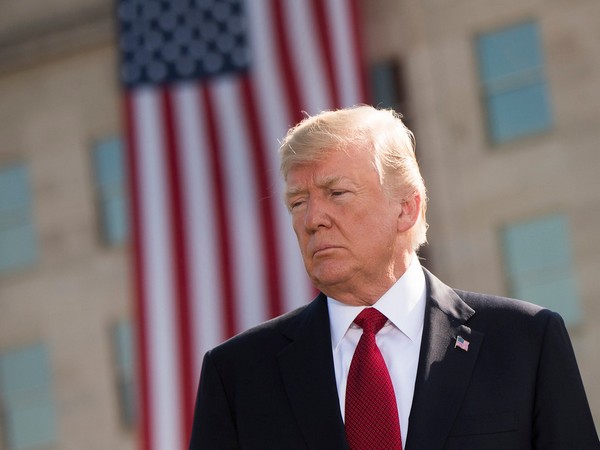Trump angers China by signing bill supporting pro-democracy Hong Kong protesters

- Country:
- United States
President Donald Trump has signed a law supporting pro-democracy protesters in Hong Kong, drawing a furious reaction from Beijing, which on Thursday summoned the US envoy to China and warned of "firm countermeasures". The legislation was approved unanimously by the US Senate and by all but one lawmaker in the House of Representatives last week.
Trump signed the Hong Kong Human Rights and Democracy Act of 2019 into law on Wednesday. The law would require the State Department to certify once a year that Hong Kong is sufficiently autonomous to retain its special US trading consideration - a status that helps its economy.
It also threatens sanctions on Chinese and Hong Kong officials deemed responsible for human rights abuses in Hong Kong, escalating tensions between China and the US. Hong Kong is a semi-autonomous territory which operates under the 'one country, two systems' principle - a structure that grants the city’s citizens some degree of financial and legal independence from the mainland.
The city has been shaken by massive, sometimes violent, protests initially organized to oppose a now-suspended bill that would have allowed extraditions to mainland China. These protests have now turned into a wider movement for democratic reforms. Trump in a statement said, "I signed these bills out of respect for President Xi (Jinping), China, and the people of Hong Kong."
"They are being enacted in the hope that leaders and representatives of China and Hong Kong will be able to amicably settle their differences leading to long term peace and prosperity for all," Trump said. Reacting to Trump's move, a livid Beijing summoned the US envoy to China and asked Washington to refrain from putting the law into effect to "avoid further damage" to bilateral ties.
Chinese Vice Foreign Minister Le Yucheng summoned US Ambassador to China Terry Branstad to lodge a strong protest against the US move. "China strongly urges the US to correct its mistake and make a fresh start, not to put the Act into effect, and immediately stop meddling in Hong Kong affairs or interfering in China's internal affairs so as to avoid causing further damage to bilateral ties and cooperation in important areas between China and the United States," Le told Branstad.
Le said China will take "countermeasures" in response to the "wrong move" taken by the US and America must bear all the consequences that may ensue, the state-run Xinhua news agency reported. Hong Kong is part of China and its affairs are China's internal affairs, brooking no interference from any foreign government or force, Le said.
The Chinese government has unswerving determination to defend national sovereignty, security and development interests, implement "one country, two systems" principle and oppose any external force in interfering in Hong Kong affairs, he stressed. Earlier, the Chinese Foreign Ministry in a statement said: "This is a severe interference in Hong Kong's affairs, which are China’s internal affairs".
"It is also in serious violation of international law and basic norms governing international relations. The Chinese government and people firmly oppose such stark hegemonic acts. The nature of this is extremely abominable, and harbors absolutely sinister intentions," it said. The legislation came at a time when China and the US have reached an advanced stage of negotiations to sign phase one agreement to end a trade war between the world’s two largest economies.
"We urge the US not to continue going down the wrong path, or China will take countermeasures, and the US must bear all consequences," the Chinese statement said. Until 1997, Hong Kong was ruled by Britain as a colony but then returned to China.
Under the "one country, two systems" arrangement, it has more autonomy than the mainland. It has its own judiciary and a separate legal system from mainland China. "We are determined in implementing the 'one country, two systems' principle and safeguarding national sovereignty, security and development interests." the Chinese statement said.
(This story has not been edited by Devdiscourse staff and is auto-generated from a syndicated feed.)
ALSO READ
Mexico's Bold Move: Extraditing Cartel Members to the US
Lactalis Recalls Baby Milk Across 18 Countries Over Toxin Fears
Ding Yuxi: Bridging Global Entertainment and AI Innovation
Mexico Sends Drug Cartel Members to U.S. Amid Rising Pressure
Naukri.com: Revolutionizing Hiring with Flexible Job Posting Solutions










